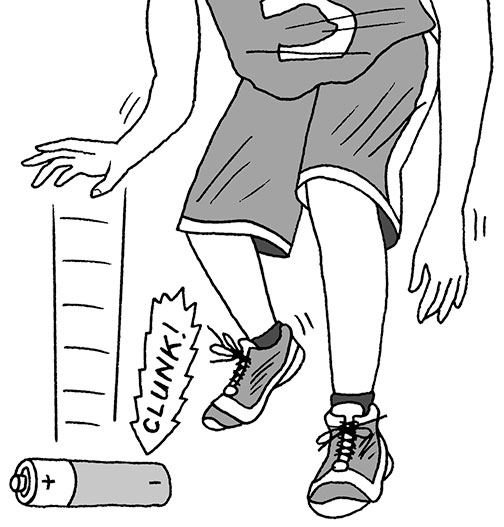In Short
To bounce or not to bounce? When it comes to BATTERIES, the test of bouncing them to see if they are dead is not effective, according to Princeton researchers. A study by mechanical and aerospace engineering professor Daniel Steingart was inspired by the many online videos that purport to show that fully charged batteries bounce very little, while used ones bounce higher. The findings were published online in The Journal of Materials Chemistry A in March.
The use of ANTIBIOTICS in livestock could rise by 67 percent by 2030, which may endanger the effectiveness of the medicines in humans, according to a study by Ramanan Laxminarayan, a senior research scholar at the Princeton Environmental Institute. The findings, which identified chickens and pigs as the main contributors to antibiotic consumption, were published in the Proceedings of the National Academy of Sciences in March.
Technology trumps the traditional taxi ride — at least for drivers, a new study found. DRIVERS FOR UBER, the service that uses a phone app to connect riders and drivers, typically earn more per hour than those behind the wheel of taxis. That’s the finding of economics and public-policy professor Alan Krueger, who conducted the study under contract with Uber, which gave him full control over its content. The paper was published as a working paper of the University’s Industrial Relations Section in January.













No responses yet